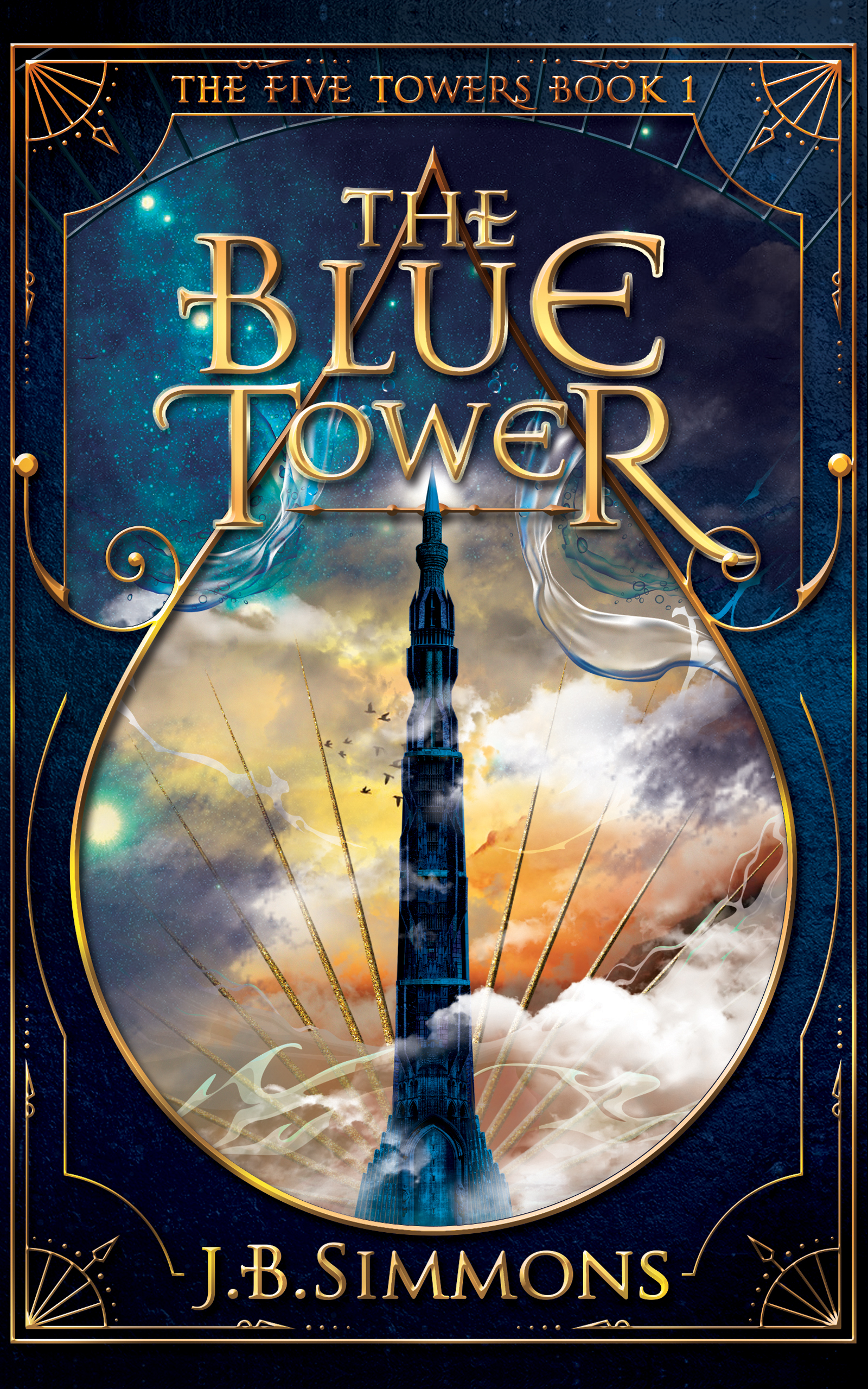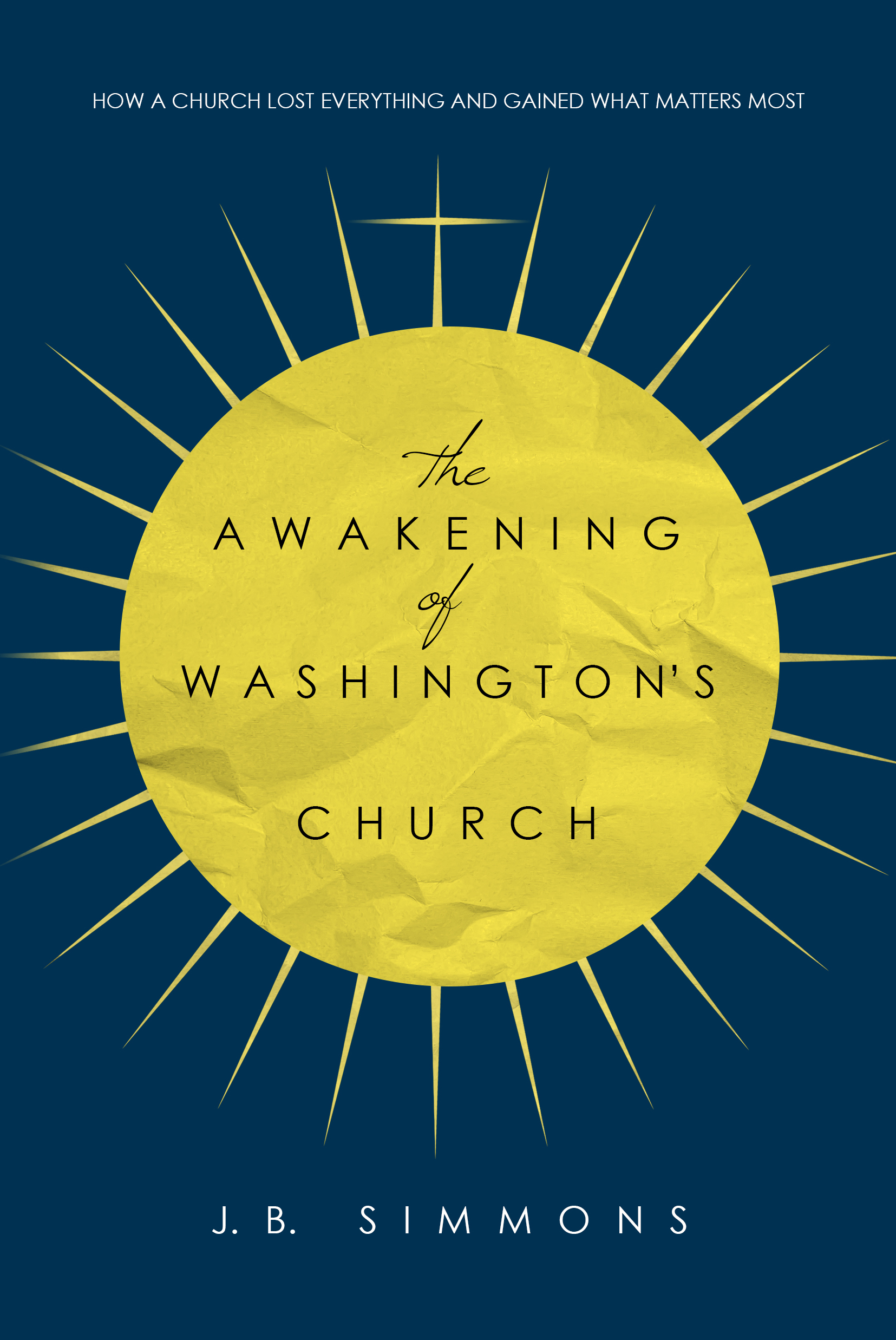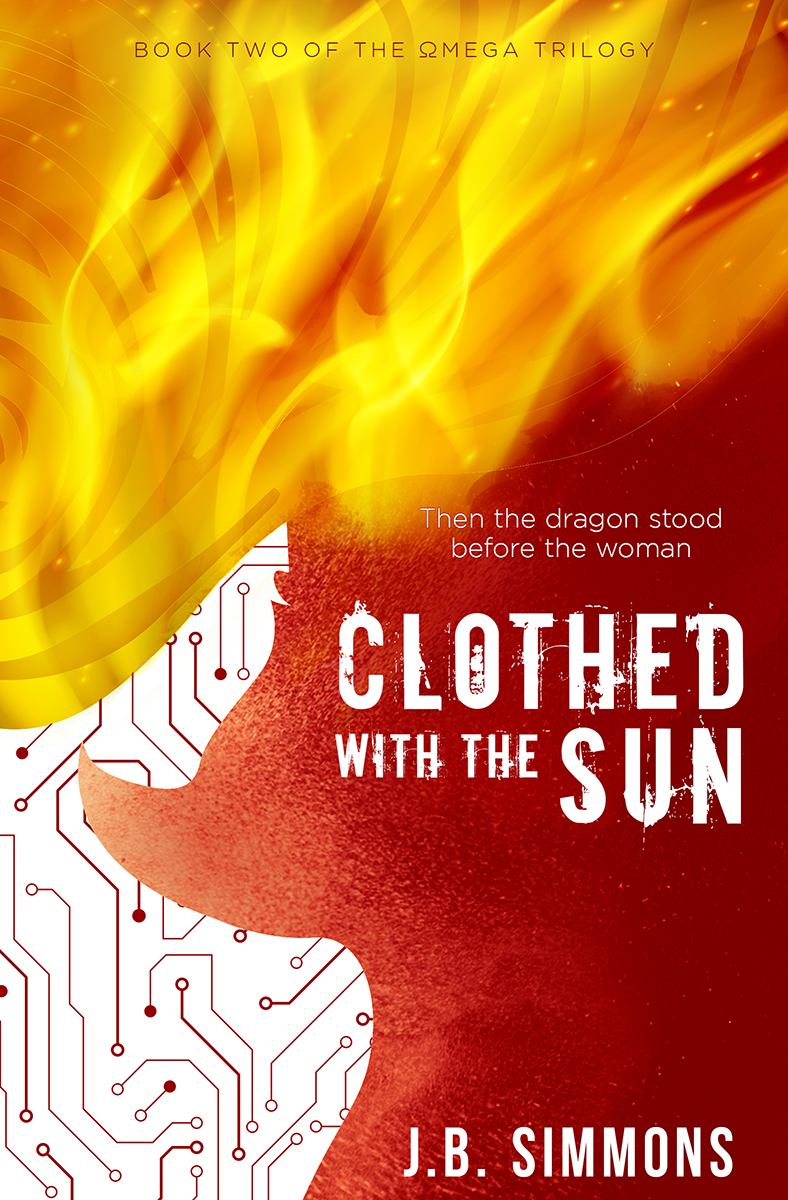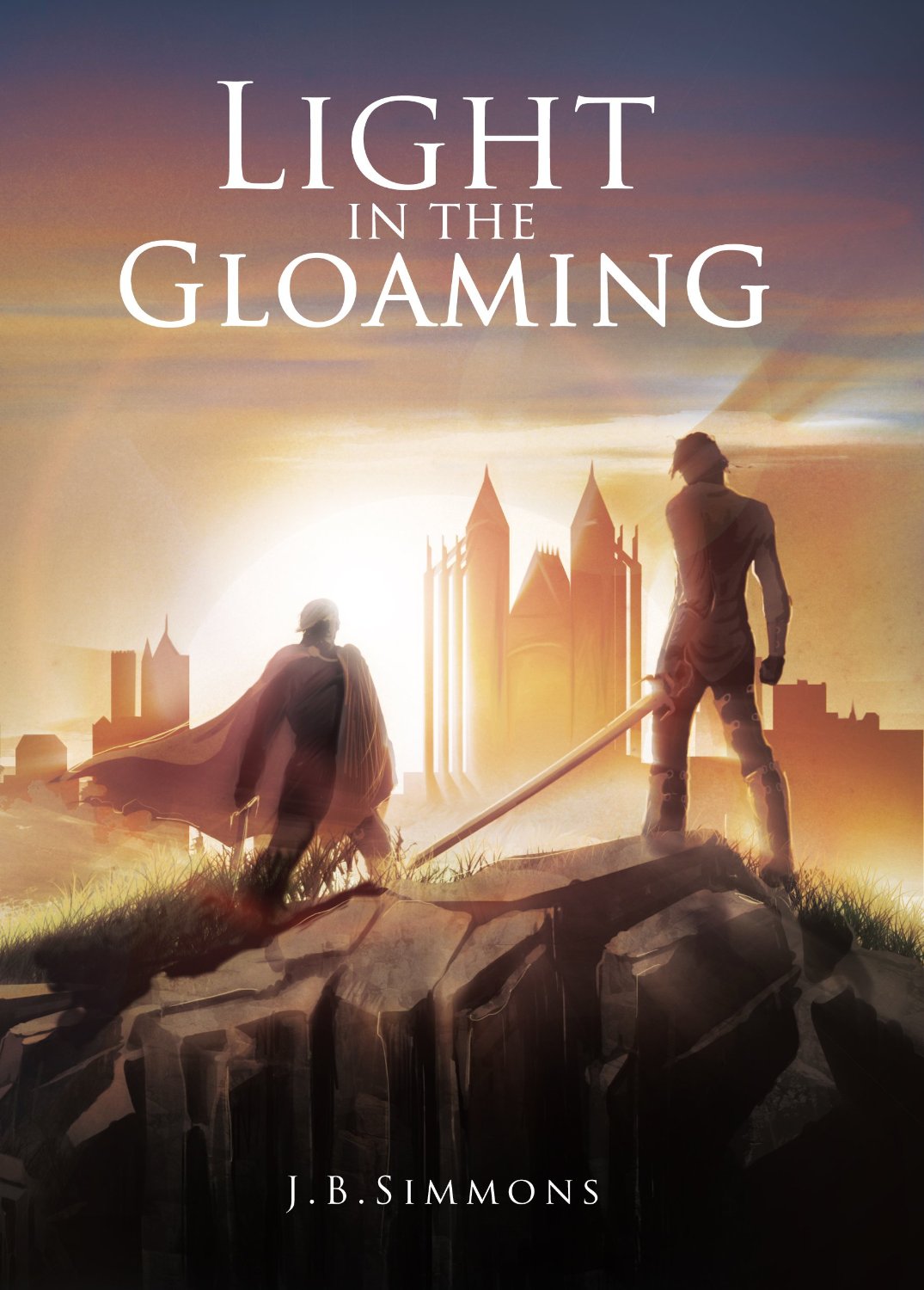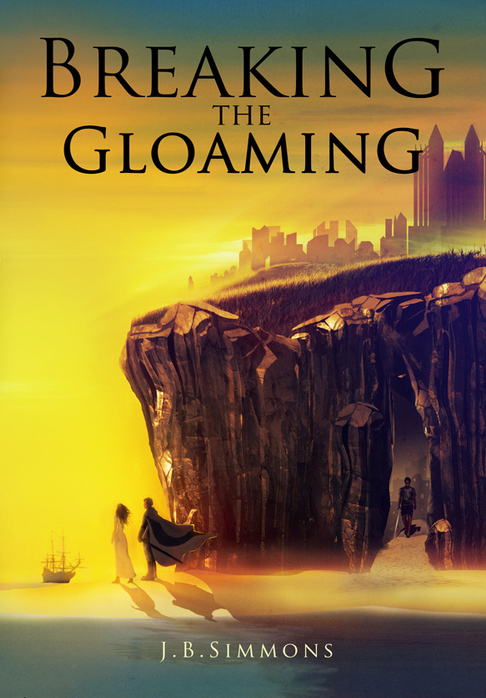Prejudging Revelation: Why The Left Behind Series Invites More Stories
/With over a dozen books, the sweeping Left Behind series has sold over sixty million copies. It has spawned movies. Even a recent Nic Cage sighting!
But the books aren’t just a story. They’re based on author Tim LaHaye’s premillennial view. Many have embraced that view after reading the books. That’s the power of story. The thing is, there are other stories to tell. Lots of them.
Revelation draws competing theories (check out my first and second posts on this wild old book). It also draws stories. And even if no human will ever get it right, these stories can help us.
William Blake, The Number of the Beast is 666 (early 1800s). Maybe a bit weird. Elijah Goldsmith's dreams had nothing on William Blake's.
What Many Pre-Millenialists Believe Today
The premise of the Left Behind books is that, sometime soon, all Christians will vanish and go to heaven (the Rapture). The next seven years will witness wild disasters on earth (the Tribulation). Billions will die during this time. An evil man called the Antichrist will come to power. Then Christ will come again to defeat this man, save the Christians, and rule on earth for one thousand years. That long stretch is the Millennium.
No doubt, it makes for a fascinating story. But the storyteller wields power. He shapes minds before they know they’re being shaped. When that story is about the end of the world, readers might prejudge a profound mystery without even realizing it. This risk is even greater when the storyteller writes as if he reveals an unquestionable truth.
Where is the line between fiction and prophecy?
The Unsettling Certainty of Tim LaHaye
In his book Revelation Unveiled, LaHaye explains his pre-millenial view. The book casts aside other interpretations of Revelation in a few short sentences. It calls the historical view “unsound,” the spiritualized view as a “most untenable position,” and the preterist view as “mental gymnastics.” When much of church history has been behind the “untenable position,” it might be worth a little more serious consideration (like this lengthy study).
Even for those within the pre-millenial camp, Tim LaHaye’s “Pre-Trib Research Center” has used strong, combative words for those who don’t share its exact views. LaHaye’s colleague Thomas Ice recently wrote an article responding to church leader John Piper, who had explained counterarguments to the Rapture. The article said that those like Piper “appear to be on a crusade against the New Testament teaching of the pre-trib rapture doctrine.”
Really, “a crusade”? Shouldn’t this be more like an argument, or better yet a conversation, about what an incredibly difficult and complex text means? Shouldn’t we welcome different views from serious thinkers?
The irony, of course, is that Tim LaHaye and his camp might be right. The pre-millennial interpretations and arguments are plausible. This is why it’s a good thing that the Left Behind story was told. But it’s a bad thing if people think that’s the only version of the story.
The mistake is one of certainty. Think about an uncertain weather forecast: 50% chance of rain. Do you ignore the forecast? That’s like ignoring Revelation. Risky move. Or do you check the forecast but choose to believe, beyond a shadow of doubt, that the clouds will stay away? If they don’t, you’ll get soaked. That’s like reading and accepting Left Behind as the gospel truth.
A better idea might be to check the weather and pack your umbrella. If the sun shines all day, you were wrong. But at least you were prepared.
The Dangers Of Certainty About Things That Don’t Have To Be Certain
Another danger of certainty about the uncertain is that it may end up undermining your faith.
Let’s assume you believe that you’re going to be taken away from earth for paradise in heaven, and that it could happen any moment. And now you’re having a terrible day. You woke up on the wrong side of bed. It’s cold, late winter. Piles of crusted snow are dirty brown on your way to work.
When you look up at the slate sky, do you pray for the clouds to part so that you can be rescued from your misery? You’d exchange this lousy day for paradise, right?
It sounds nice, but that thought isn’t going to make your mood any better. You still have to keep going. The problem is that every time that happens, maybe you’re a little less likely to believe those clouds will ever part. It’s just hard to believe something so firmly, and then have it not happen, day in day out, for a lifetime.
What we have with Revelation is uncertainty on the fringes of a certain truth. In our faith, the solution is to embrace the certainty (Christ’s return) and accept the uncertainty (how the return will fit within Revelation’s words). Disagreements about the “how” part will not be the difference between heaven and hell. Accepting uncertainty is far better than buying a string of interpretations, much less a fictional story, that attempts to make the uncertainty vanish.
Revelation is hard to understand. Maybe we curious humans just can’t live with that. Stories can help us explore the deep questions, think about them in new and creative ways, but they shouldn’t pretend to offer definitive answers on what cannot be known. Some things are knowable, by faith. Others will probably be uncertain until the day he returns.
If You Accept Uncertainty, You Join Good Company
Historical movements in the church have covered the map of end times theories. There’s nothing new under the sun.
Consider Saint Augustine. Like many church leaders before him, Augustine was originally a pre-millennialist. But then he changed his mind. He came to think the doctrine was “carnal.”
Martin Luther, John Calvin, and other reformers followed Augustine. Calvin thought millennialism was a “fiction . . . too childish either to need or to be worth a refutation.” Many put him in the amillenial camp, but these labels can be misleading.
In fact, Calvin and many reformers barely even considered the millennial issue as a theological matter. Why not? Maybe it goes back to the same reason why there’s such heated debate on this issue today: the mysteries of Revelation are, on the whole, just too great for us humans to unravel. Interpretive methods lead to square pegs jammed into round holes. Take the book literally, and you have a dragon on your hands. Just ask Elijah Goldsmith.
Stories offer more flexibility and more inspiration. We need to accept uncertainty, rather than try to turn fiction into truth. The truth is coming in the end, and maybe then we’ll understand. In the meantime, stories help us ponder the uncertainty, with hope.
Let’s make our stories count – J.B.




